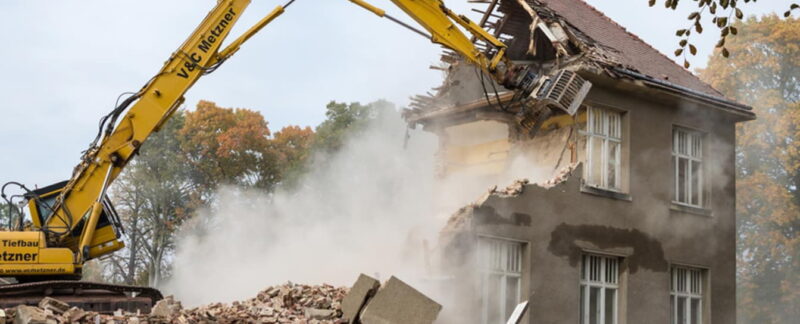Toronto, a city ever-evolving, is often marked by the rise and fall of structures. House demolition in Toronto is a common occurrence, but unfortunately, it comes with its fair share of misconceptions. Let’s unravel the truth behind these myths.
Myth 1: “House Demolition is Always Driven by New Construction”
While new construction projects often involve house demolition, it’s not the sole reason. Aging structures, safety concerns, and urban redevelopment initiatives contribute to the demolition landscape. Preservation and revitalization efforts also play a crucial role. Toronto values its historical architecture, and sometimes, demolishing a house is a carefully considered decision to make space for more sustainable or historically significant structures.
Myth 2: “Demolition is a Quick Process”
House demolition is a meticulous process that involves several steps. From obtaining necessary permits to disconnecting utilities and managing waste responsibly, it’s a comprehensive procedure. Contractors prioritize safety, ensuring a systematic dismantling of the structure. Rushing through demolition can lead to safety hazards and environmental issues. Expect the process to take time, reflecting the care invested in responsible demolition practices.
Myth 3: “Demolition Always Means Wasteful Disposal”
Contrary to popular belief, house demolition doesn’t equate to wastefulness. Toronto promotes sustainable practices, encouraging the recycling and repurposing of materials. Professional demolition services salvage usable items, diverting significant portions from landfills. Wood, metals, and even appliances find a second life through recycling initiatives. Responsible contractors prioritize environmentally friendly demolition methods, aligning with Toronto’s commitment to sustainability.
Myth 4: “Demolition is a DIY Job”
House demolition is a specialized task requiring professional expertise. DIY attempts not only pose significant safety risks but also may not comply with Toronto’s strict regulations. Professionals assess structural integrity, handle hazardous materials, and ensure the proper disposal of waste. Opting for professional services guarantees a safer and more efficient demolition process, aligned with the city’s standards.
Myth 5: “Demolition Negatively Impacts the Community”
While the sight of a demolished house may evoke concern, community-focused demolition projects often yield positive outcomes. Urban renewal initiatives enhance neighborhoods, creating spaces for parks, community centers, or affordable housing. Local authorities and contractors work collaboratively to minimize disruptions and ensure the well-being of the community during and after the demolition process.
Final Verdict
In conclusion, house demolition in Toronto is a multifaceted process that goes beyond mere destruction. It’s a carefully orchestrated effort to reshape the city, preserve its heritage, and embrace sustainable practices. Understanding the reality behind these common misconceptions is crucial for fostering a more informed perspective on house demolition.





